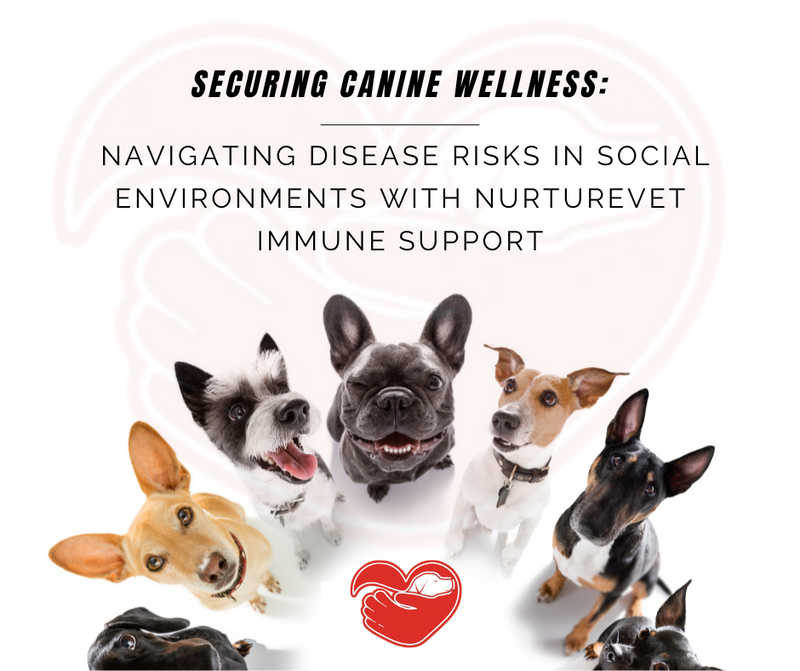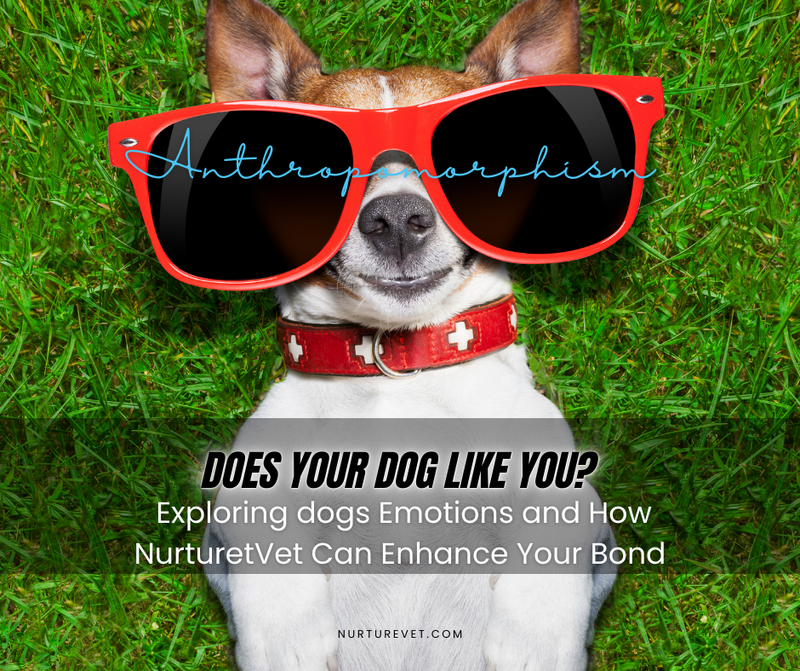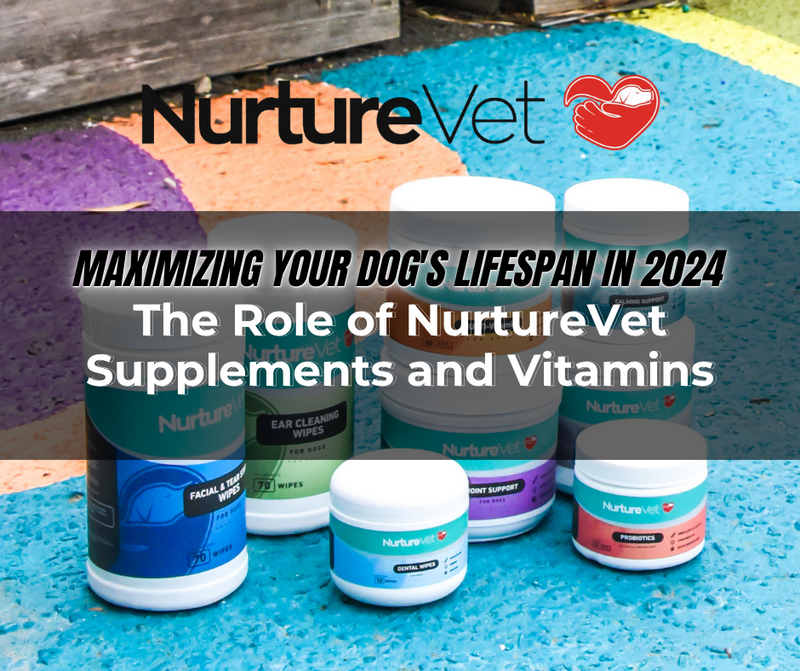
In the human world, probiotics are a buzzword, claiming to support gut health. So what’s the big deal with dog probiotics and can they be beneficial to my dog?
To start, probiotics are live bacteria or yeast that live in our bodies and dog bodies. You might think of bacteria as a bad thing, but these microorganisms are considered “good.” Probiotics help maintain a healthy balance between good and bad bacteria in the body by fighting those bad bacteria when things become lopsided (Cleveland Clinic).
A lot of those bacteria exist in our guts and we’ve all experienced what it’s like to have some digestive trouble. It can be painful and uncomfortable. Probiotics assist our bodies in combating these bad bacteria and help alleviate our symptoms.
Digestion in Dogs
While dog bodies are not exactly like human bodies, they are mammals and have similar functioning systems. If you’ve ever had a dog with digestion issues, you know that they can also experience uncomfortable symptoms similar to ours.
A dog’s gut can be subject to different culprits that throw off the balance of bacteria. Infections, parasites, allergies, and more can cause problems in the gut.
Dog Probiotics
Dog bodies are also full of good and bad bacteria. Their gut can be assisted by adding dog probiotics to their diets just like us. 70 percent of the body’s immune cells exist in the gut, so you can imagine that if bacteria is unbalanced there, it can cause a whole host of issues, not just digestive (PetMD).
While our body systems are similar, look for a probiotic specifically made for a dog’s needs. Dog probiotics are given to your dog as supplements to their diet. They often come in easy chewable formula - like ours does.
When to Use Dog Probiotics
Probiotics for dogs can be used for any type of dog and they can be a fantastic supplement for any diet. Whether you feed your dog a raw diet or a kibble diet, probiotics may be missing. Dogs of all ages can benefit from a well functioning gut.
Dogs that are prone to digestion issues or have Irritable Bowel Syndrome (IBS), would particularly benefit from dog probiotics. Symptoms like the following can be cause for concern:
- loose stools
- diarrhea
- constipation
- loss of appetite
- weight loss, and
- abnormal stools
Talk to your veterinarian about these symptoms and consider adding dog-specific probiotics to their diet.
Benefits of Dog Probiotics
While there is still a lot of research to be done around probiotics, what we know so far is that they can have a positive impact on the gut. This includes a reduction in gas and odor, and an improvement in regulating bowel movements. There is also research looking at the effects of dog probiotics on behavior, obesity, allergies, and more.
Our Dog’s Health
As dog owners, we want our furry friends to live their best lives. If your dog is suffering from gut issues, it may be time to talk to your veterinarian and look into adding dog probiotics to their diet.
Even healthy dogs can use probiotics in their corner to help combat the bad bacteria before it becomes unbalanced.
Our dogs are not overly concerned about their health, so as pet parents it’s our job to look out for them and give them the right tools to have a happy gut!
Joelle Cuprak, NurtureVet Guest Blogger






0 comments